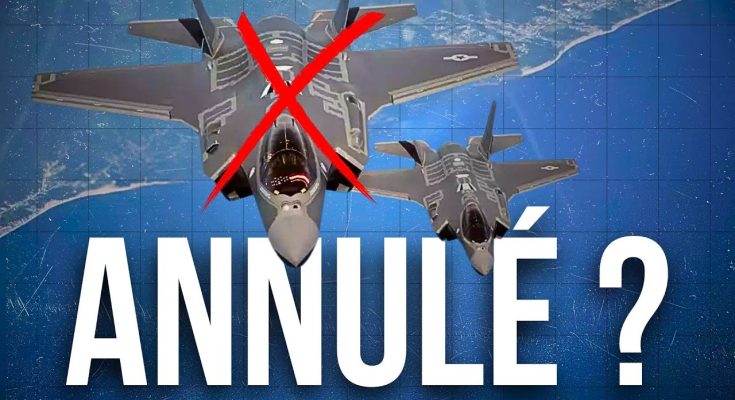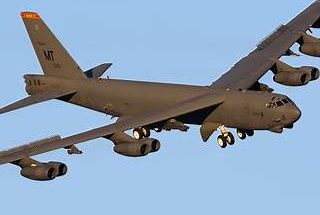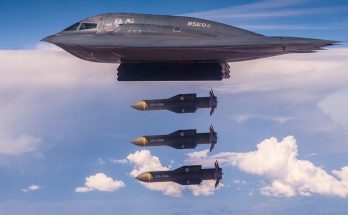F-35 & Portugal: Fake News or Real Concerns?
Recent reports have claimed that Portugal is rejecting the F-35 deal, fueling speculation about growing distrust toward U.S. foreign policy and military technology. Some sources suggest that Portugal has concerns over costs, maintenance, and U.S. control over the jet’s software, while others argue this is just misinformation or political manipulation.
But is Portugal really walking away from the world’s most advanced stealth fighter—or is this just another case of fake news?
Does Portugal Actually Need the F-35?
Portugal’s Air Force currently operates F-16 Fighting Falcons, which have served as the backbone of its air defense for decades. The country is a key NATO member, but its defense budget is relatively small compared to other allies. This raises key questions:
🔹 Can Portugal Afford the F-35?
- The F-35 costs around $80 million per jet, with a lifetime cost of over $1.7 trillion for the entire program.
- Maintenance and operational expenses are significantly higher than the F-16.
🔹 Does Portugal Need a Stealth Fighter?
- Unlike the U.S. or major European powers, Portugal faces no direct military threats.
- The F-35 is designed for high-tech warfare, but Portugal’s defense needs focus more on air policing, NATO missions, and maritime security.
🔹 Are There Alternative Fighter Jets?
- Portugal could choose to modernize its F-16 fleet, similar to other NATO countries.
- Other options include the Gripen E (Sweden), Eurofighter Typhoon (Europe), or Dassault Rafale (France)—all of which cost less and come with fewer U.S. restrictions.
Is Portugal Really Rejecting the F-35?
Despite the rumors, Portugal has not officially announced any rejection of the F-35. Instead, it seems to be taking a cautious approach, evaluating options before committing to an expensive fighter jet.
However, there are several reasons why this “Portugal rejects F-35” narrative could be fake news:
❌ No Official Confirmation: The Portuguese government has not made any formal statement about rejecting the F-35.
❌ Misinformation for Political Reasons: Some media reports could be exaggerated or politically motivated, aiming to push alternative fighter jet programs.
❌ Influence from Rival Defense Industries: European fighter jet manufacturers may benefit from rumors that weaken Lockheed Martin’s dominance in NATO.
What Happens Next?
If Portugal ultimately rejects the F-35, it could signal a broader trend of NATO allies moving away from American military technology. However, the reality is that Portugal is still weighing its options and may eventually acquire the F-35 when budget conditions allow.
At this point, claims that Portugal has canceled an F-35 deal are misleading or premature. Until an official decision is made, this remains more speculation than fact.



